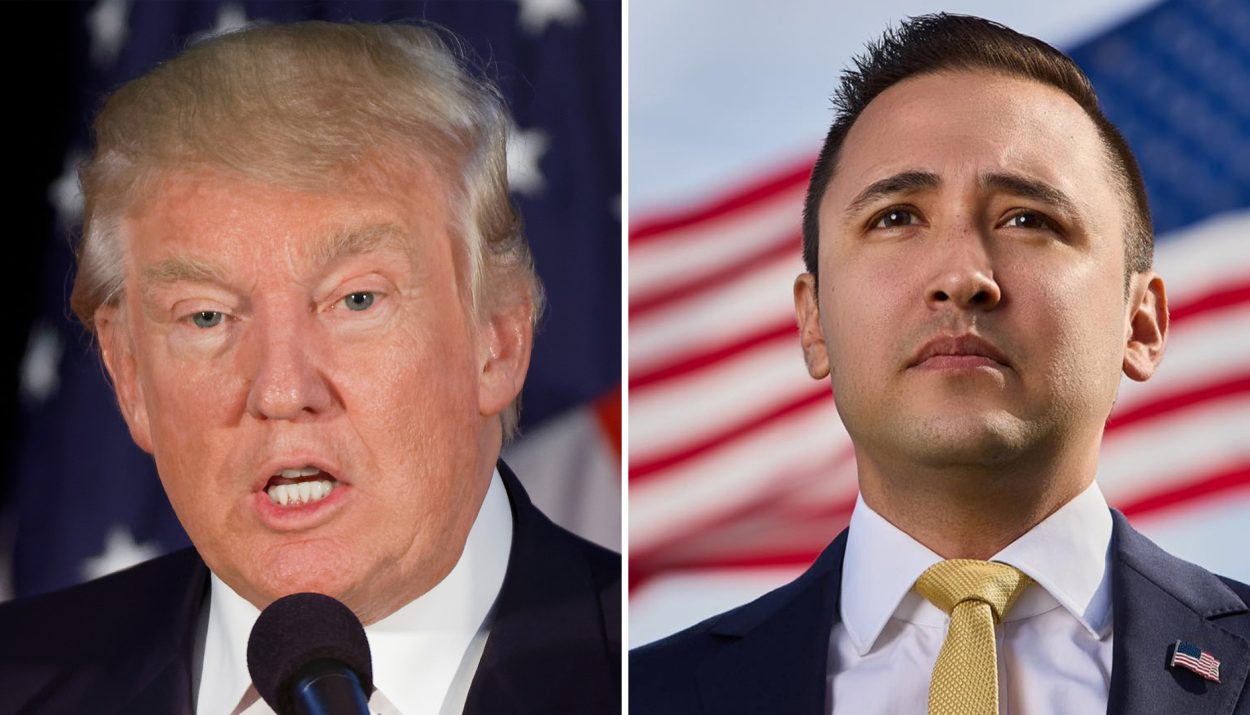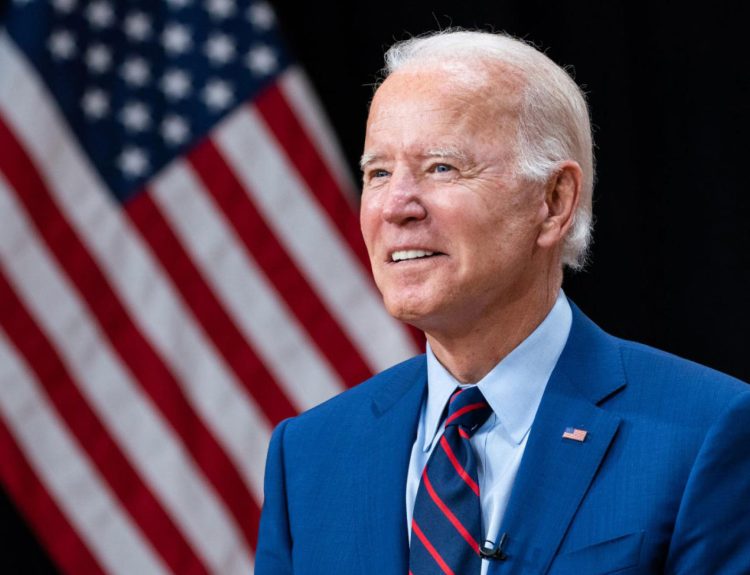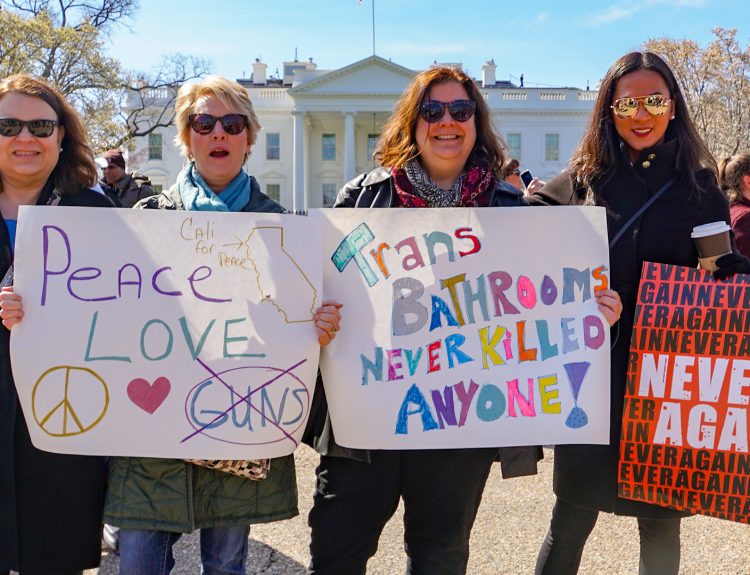John Anthony Castro, a Republican presidential candidate with a history of filing lawsuits to disqualify Trump as a candidate, faces political persecution after being charged with multiple federal tax crimes.
Analyzing The Accusations and Charges Against Castro
The 40-year-old tax preparation business owner was charged with 33 counts of assisting to prepare and present fraudulent tax returns.
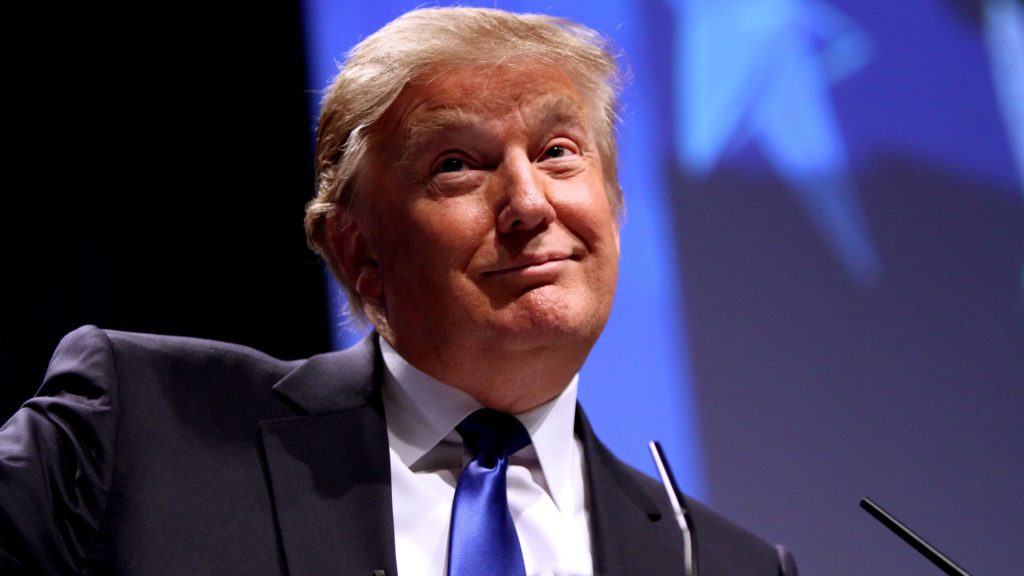
The accusations claim that Castro used his company, Castro & Company LLC, to defraud the government by offering his clients excessive tax refunds in addition to splitting the additional refund amounts with taxpayers. Further allegations claim that Castro’s clients were not aware of the false deductions that he filed to generate larger refunds on their behalf.
How Did Castro Respond To The Indictments?
Multiple reports show that Castro believes the indictments are a sign of political retaliation against him as a result of his decision to take on Trump. Castro filed nearly 30 different lawsuits nationwide in an attempt to ban Donald Trump from being able to run for office again.
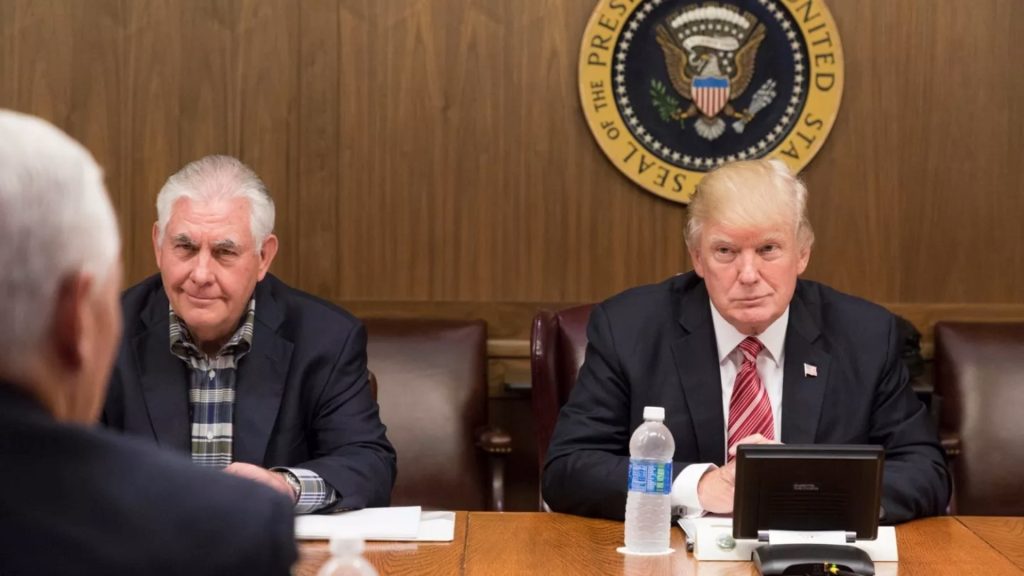
The basis of the lawsuits was related to Trump’s actions over the infamous January 6th attack that violated the 14th Amendment. Section 3 of the 14th amendment makes it clear that any individual that “engaged in insurrection or rebellion” after vowing to support the Constitution must be barred from being able to run for office in the future.
How Have The Courts Responded To The Lawsuits?
Several states have already thrown out Castro’s lawsuits – including Arizona, Nevada, and Florida. Colorado and Maine made headlines recently by making the decision to remove Donald Trump from the 2024 ballots in their respective states.
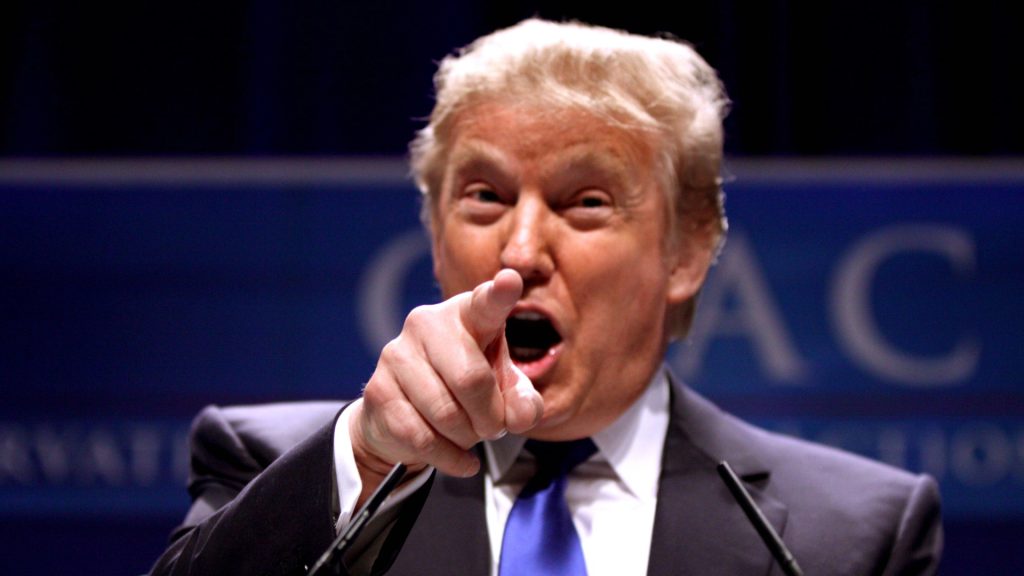
The former president is currently filing the paperwork needed to appeal those decisions. However, it has been confirmed that Castro had nothing to do with the insurrection lawsuits that successfully removed Trump from those ballots.
The Grounds of Castro’s Defense Against Federal Tax Charges
Regarding the federal tax law charges against him, Castro built his defense on the grounds of his clients allegedly misunderstanding tax law. According to Castro, the IRS issue was resolved after he took corrective action immediately in 2021 and subsequently filed amended paperwork.

Castro believes that the timing of the charges filed against him is suspicious – especially after two years of no legal action taken. However, after he started filing lawsuits against Trump in September 2023, that was when a grand jury was impaneled in an attempt to secure the indictment against him.
An Undercover Operation That Targeted Castro’s Company
The indictment references an undercover operation where an agent contacted Castro and Company LLC back in 2018 about tax deductions. Castro allegedly explained to the undercover agent that using a different tax preparer would only get him a $300 refund.
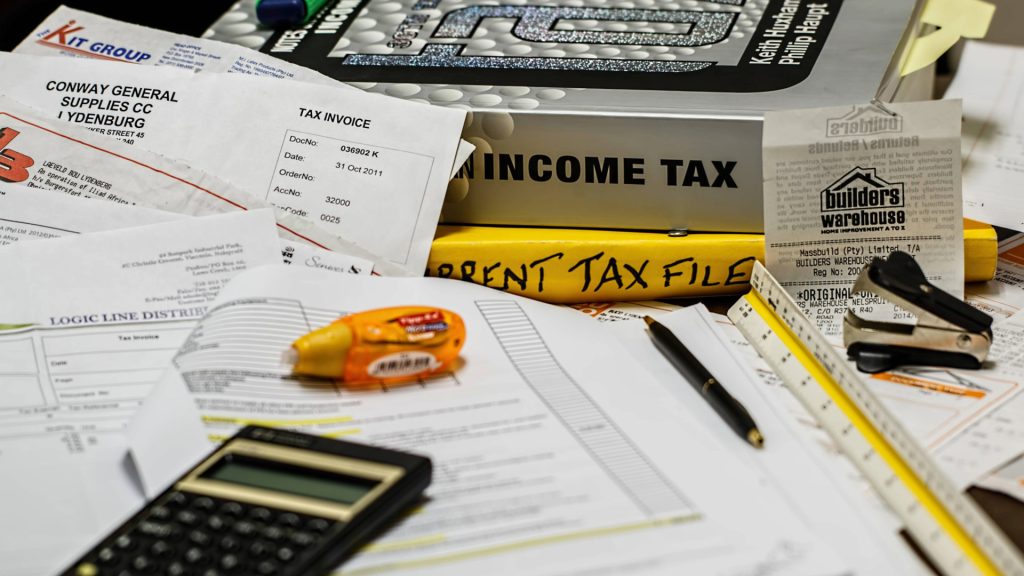
However, through his company, he indicated that he could generate a refund of over $6,000. Prosecutors claim that Castro filed the tax return with over $29,000 of fraudulent deductions which led to a $6,007 refund. The agent was reportedly given $3,008 while Castro retained the remaining balance of $2,999.
Further Details Of The Investigation Into The Alleged Fraudulence
The indictment further disclosed that the virtual tax preparation business had locations in Washington, DC; Mansfield, Texas; and Orlando, Florida.

The documents indicate that the scheme began in 2016 when Castro would allegedly submit false tax returns on behalf of taxpayers without their knowledge or expressed consent. The allegations further imply that Castro followed the same pattern with dozens of other tax paying clients, which resulted in improperly paid claims amounting to hundreds of thousands of dollars.
How Did The U.S. Attorney’s Office Respond?
Leigha Simonton, the U.S. Attorney serving the Northern District of Texas, is the one who initially announced the charges filed against Castro. Simonton claimed that the crimes allegedly committed by Castro were “stunning in their brazenness.”

She insisted that the Department of Justice would not refrain from holding people accountable that stole from the American people and the federal government. Special Agent in Charge Tammy Tomlins further explained that the indictment sent a “clear message” of holding anyone accountable that abused the tax system for their personal financial gain.
What Happens If John Castro Gets Convicted?
As mentioned, Castro is currently facing 33 counts of filing fraudulent returns. If he is convicted, he faces a maximum of 3 years per count filed against him, which is a possible 99-year sentence to federal prison.
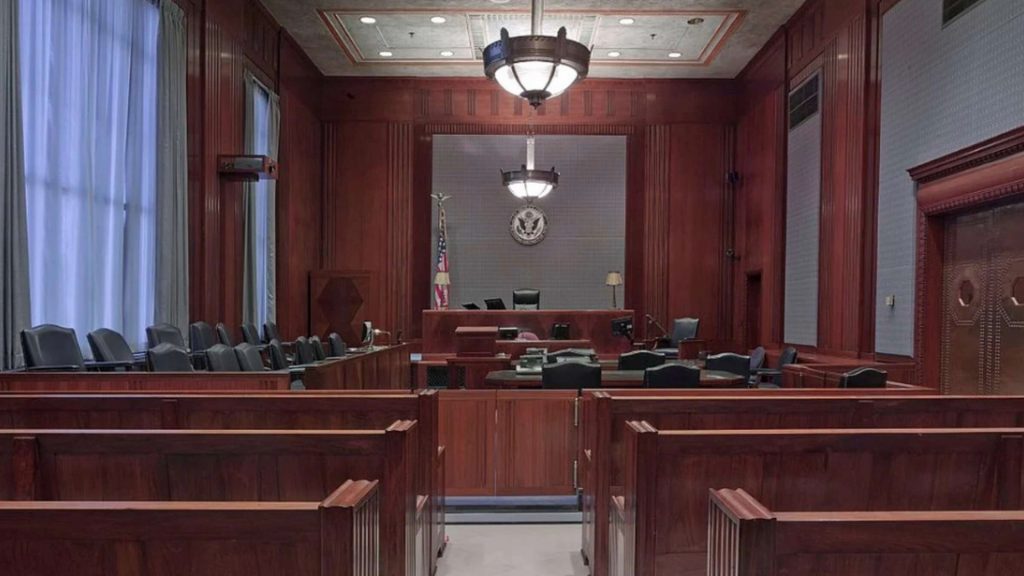
The initial investigation was conducted by the Internal Revenue Service Criminal Investigation Unit. However, Assistant U.S. Attorney P.J. Meitl has been assigned to handle the prosecution of the case.
Castro Claims Trump Targeted Others For Similar Reasons
According to Castro, he is not the only one allegedly targeted by Donald Trump as one of his “perceived enemies.” John claims that Trump also used the IRS to target James Comey (former FBI Director) and Andrew McCabe (former Acting FBI Director.)
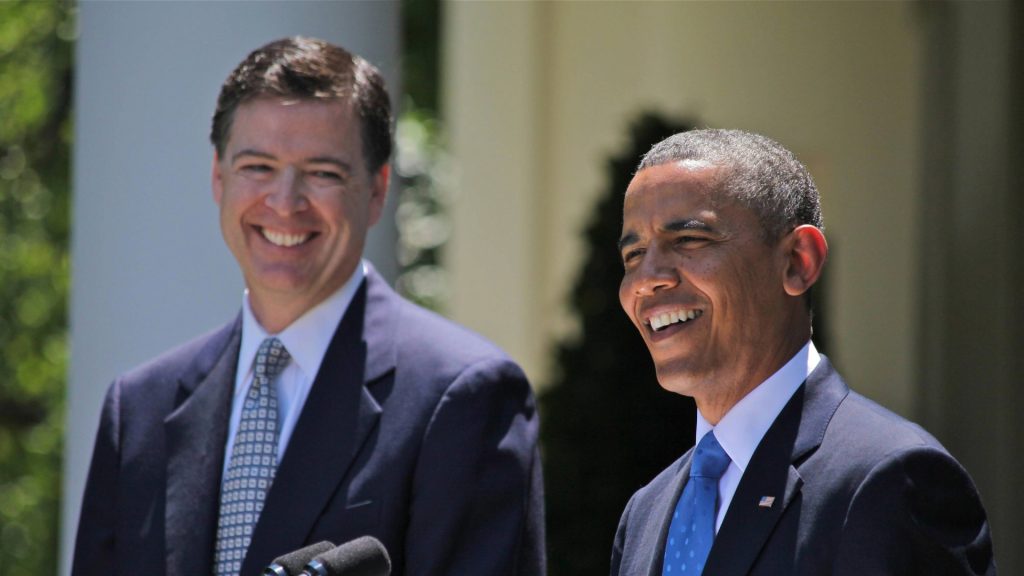
Both Comey and McCabe were fired from their assignments by the former president after the IRS subjected them to intensive audits. A watchdog for the Internal Revenue Service claimed in 2022 that both audits were random and not based on any act of misconduct.
Castro Insists On Going To Trial With The Case
John Anthony Castro reportedly settled the tax return matter with the Internal Revenue Service back in 2021 and paid back nearly $700,000 to resolve all related discrepancies. According to Castro, he would not settle out of court even if he was offered “one day probation” and “a slap on the wrist in exchange for a guilty plea.”
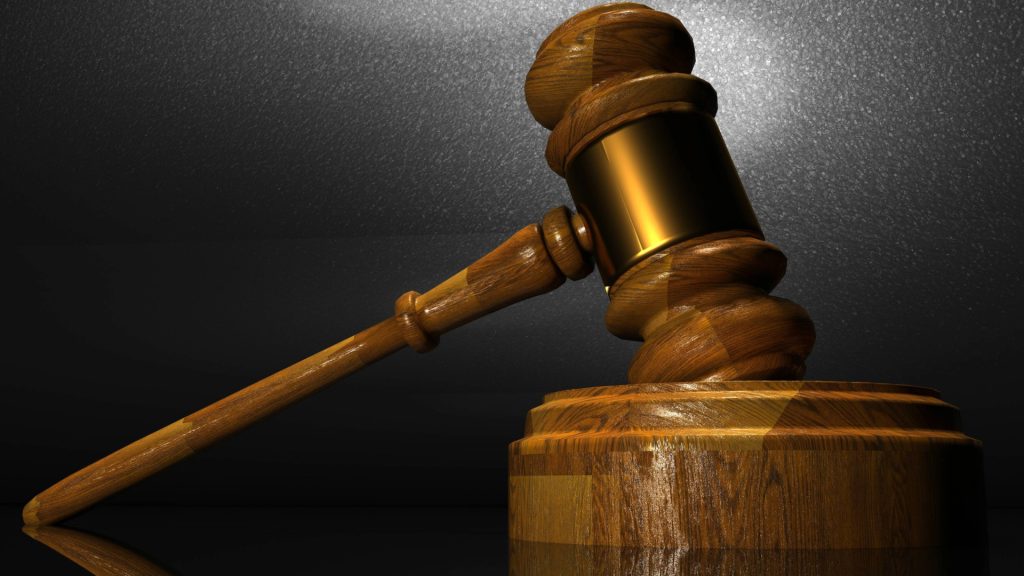
Castro insists on using the trial to convince each jury of two things: (1) he is innocent and (2) he was a victim of political retaliation. John Castro is currently scheduled to appear back in court on January 17.

